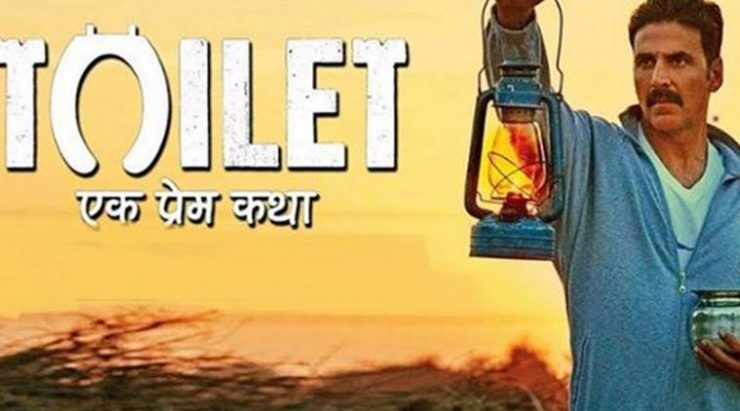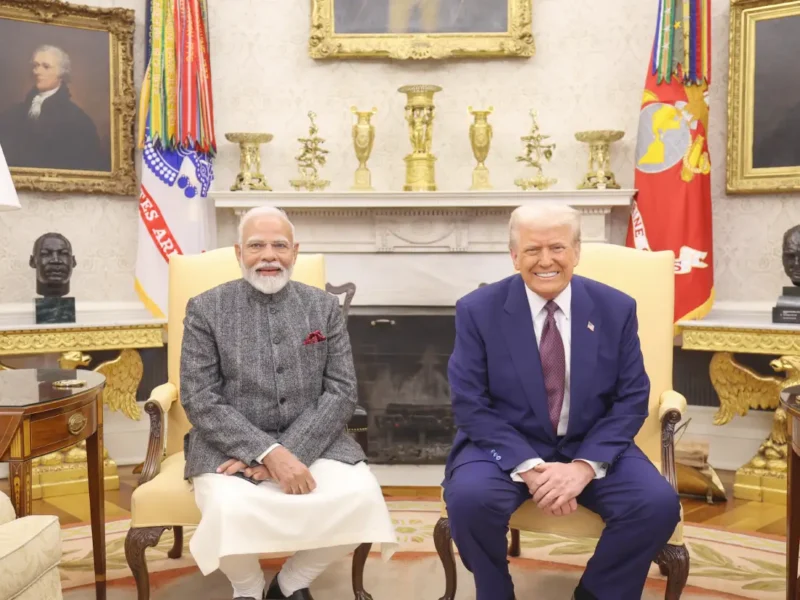
Bollywood Likes Formulas. Now It Is Propaganda Films
By VINOD MIRANI
In the Hindi film industry original ideas are scarce, and filmmakers often rely on foreign films, novels, or South Indian movies for inspiration.
The film industry operates with a desire to play it safe due to the high risk involved. Filmmakers pitch their projects to distributors with promises of success, comparing them to films like “Zanjeer” and “Deewaar.” This led to a flood of smaller-budget imitations of popular films such as “Sholay” and “Zanjeer.”
With the advent of video formats and CDs, the trend shifted towards copying Hollywood films. Stars were sent videos or discs and told that the film would be made based on the first and second halves of the material. As Hollywood films lacked songs and dance routines, Hindi adaptations were created and often felt out of place within the story.
Film producers created buffers to protect themselves. The industry witnessed the pairing of actors like Dharmendra and Hema Malini, Rajesh Khanna and Sharmila Tagore/Mumtaz, Jeetendra, and Jaya Prada/Sridevi, and Amitabh Bachchan and Rekha in multiple films consecutively. These pairings were considered a guarantee for success and were not to be disturbed.
This resulted in a preference for music composed by Laxmikant Pyarelal or R.D. Burman, while other talented composers were sidelined. It seemed like a package deal between the lyric writers and the ruling composers of the time. This formula worked well and was easily marketable, although a few discerning filmmakers opted for lyricists such as Majrooh Sultanpuri to suit their film’s subject.
The trend of launching star kids started. Raj Kapoor launched Rishi Kapoor in the successful film “Bobby.” Many other stars followed suit, launching their children in films like “Love Story,” “Kalaakaar,” “Betaab,” and “Barsaat.” This formula became the preferred and safer choice for filmmakers, and it contributed to the establishment of careers for many star kids.
Not long ago, a film based on the sports icon M.S. Dhoni became a hit, and soon after, there was a surge in sports-based film concepts. However, most filmmakers lacked the understanding of how to make successful sports films, except for Aamir Khan, who focused on content and the glory of the wrestling champions in his film “Dangal,” which became a milestone.
Films with a focus on nationalism and social messages became popular, including movies like “Parmanu: The Story of Pokhran,” “Uri: The Surgical Strike,” “Raazi,” “Ghazi,” “Attack,” “Kesari,” “Airlift,” “Mission Mangal,” “Toilet: EK Prem Katha,” “Padman,” “Holiday: A Soldier Is Never Off Duty,” “Batla House,” and “The Tashkent Files.”
“The Tashkent Files,” directed by Vivek Agnihotri, sparked discussions on digital platforms despite not making a significant impact at the box office. Following its success, another issue-based film, “The Kerala Story,” also became a money-spinner. These films unexpectedly stirred media and public emotions, and their success at the box office surprised many.
In an industry where few makers understand what works and what doesn’t, filmmakers tend to follow the last successful production and its formula, known as ‘Bhed Chaal’. Many filmmakers now focus on ‘thought-provoking’ themes based on real-life events reported in the news.
Upcoming films like “Ajmer 92,” “72 Hoorain,” “Ajmer Files,” “The Vaccine War,” “Emergency,” “Operation AMG,” “Operation Balakot,” “India House,” and “Delhi Files” are revisiting forgotten cases and are likely to generate controversy. Some sections have already labeled them as ‘propaganda films.’ However, the makers seem to prioritize the financial prospects rather than spreading awareness about systemic wrongdoings.
The controversies surrounding these films, such as the call for a ban on “Ajmer 92” by the Jamiat Ulama-i-Hind organization, further fuel the media’s attention. This will undoubtedly give confidence to other filmmakers who are exploring similar subjects buried in old ‘files.’




